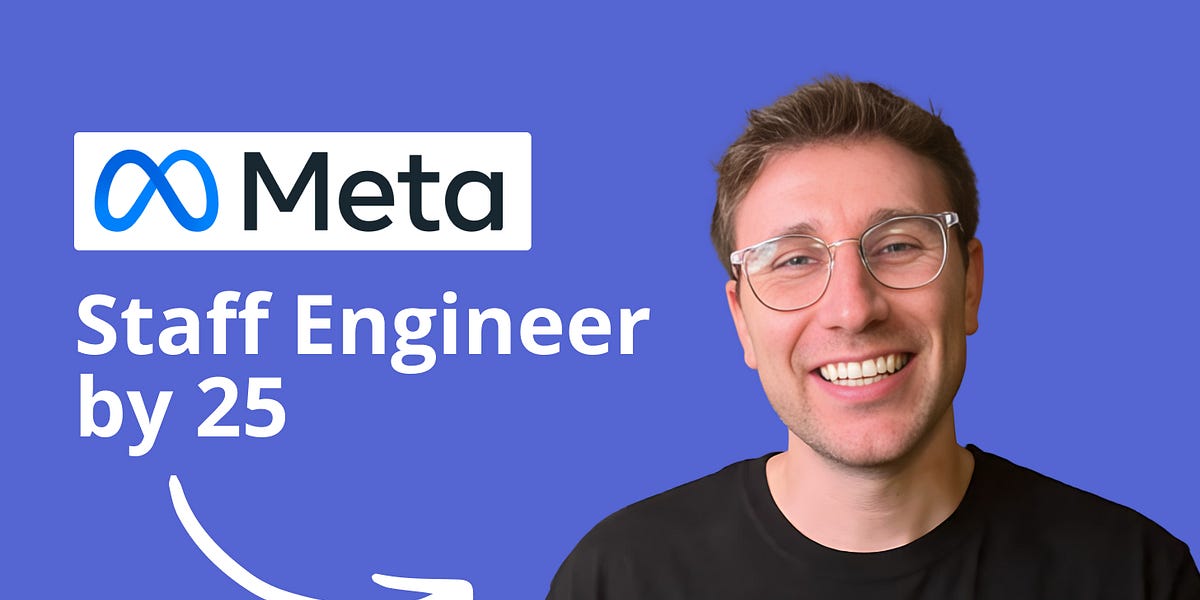Raspberry Pi 500 Modder Successfully Adds M.2 Slot
A Raspberry Pi enthusiast successfully added an M.2 slot to the Raspberry Pi 500! While the Pi 500 has the header, the slot itself is absent, leading to some controversy. The modder soldered on four tiny capacitors and used a bench power supply to power a bottom pad, enabling the use of NVMe SSDs and other PCIe devices. This modification requires excellent SMD soldering skills and has sparked discussion about the Pi 500's design choices; speculation includes reserving the feature for a future premium model.
Read more











